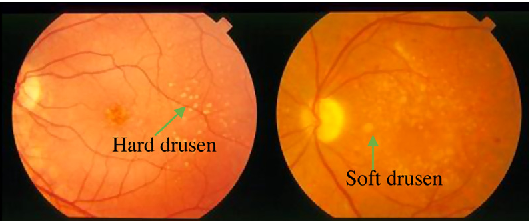Age-related macular degeneration affects more than 15 percent of Americans 70 and older.

The advanced form of macular degeneration is neovascular, or wet, and occurs when abnormal blood vessels grow around the macula and accounts for 10 - 15 percent of all macular degeneration cases. It is also responsible for 90 percent of vision loss due to the disease. Current treatment involves anti-VEGF injections, which are costly and come with risks.
Findings from a study were published in the American Journal of Medicine that indicate that a drug used to treat Parkinson's disease, levodopa, may be a beneficial treatment for patients with the wet form of macular degeneration.
Researchers discovered that levodopa is safe, well-tolerated and not only improved visual outcomes but also delayed anti-VEGF injections. Study participants saw visual acuity improvement from 20/40 to 20/32. While levodopa would not be able to be used as a stand-alone treatment, patients would likely have to receive fewer anti-VEGF injections. Study participants saw their injections decrease by 52 percent.














